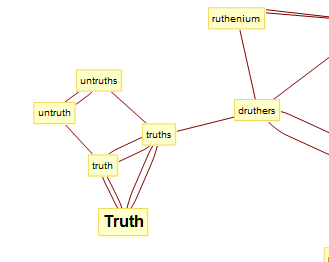For once I'm not talking about the contents of school maths but the name and its associations.
The question I'm asking is if our core technical subject wasn't termed "maths" but "nicebrand" would things go better in and out of education?
Sadly, I've started to conclude the answer is yes. I now suspect that using the brand of maths is damaging core technical education, its reform, and efforts to equip society for the AI age.
Believe me, this is not the conclusion I want. I've spent years of my life somehow connected with the word "maths". But much as I might not like my conclusion, I want the essence of subject maths to succeed; so I don't want the name to kill the subject—a much worse outcome.
Read More



